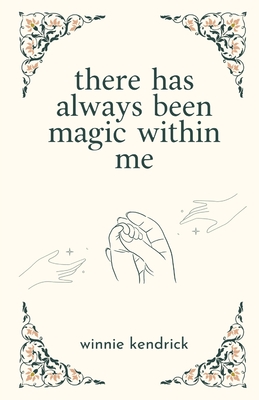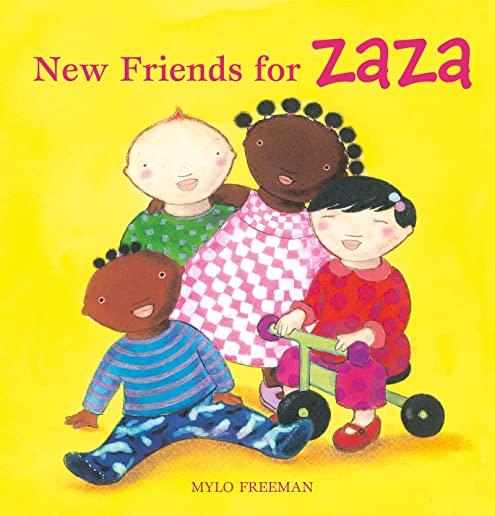
description
s explores the many metaphors of the spoon: from love and marriage to the spoon of a grave that holds our bodies; from the darkness of loss and night, where "the Big Dipper is nothing but / the oldest spoon pointing us home"; to the darkness of lungs transformed into art. The poems cover a wide variety of topics-cultural, political, familial, and natural-and always, underlying these poems is the song of birds-with broken wings or clear voices, avian muses filling our forests now or long gone. There are nods to Basho and Thoreau, to Eliot and Frost, Dickinson and Milton, this last, a long poem that retells the story of Adam and Eve from the point of view of Mal, the apple. Likewise, The Intimacy of Spoons shares a variety of forms, from sonnet, sestina, and villanelle to syllabics, lyrics, and a ballad. At the center of the book is the long poem, "Elegy for My Body," which uses wordplay and contrasting voices to explore mortality, because "You can't really do time; / it simply does us, / or undoes us, / us beings in the time being being beings / on Times Squared / waiting for the big ball to fall." The poems of The Intimacy of Spoons return us to everyday stories and objects, common yet profound, that we touch so often and that enter us with every meal and every breath.
member goods
No member items were found under this heading.
Return Policy
All sales are final
Shipping
No special shipping considerations available.
Shipping fees determined at checkout.







